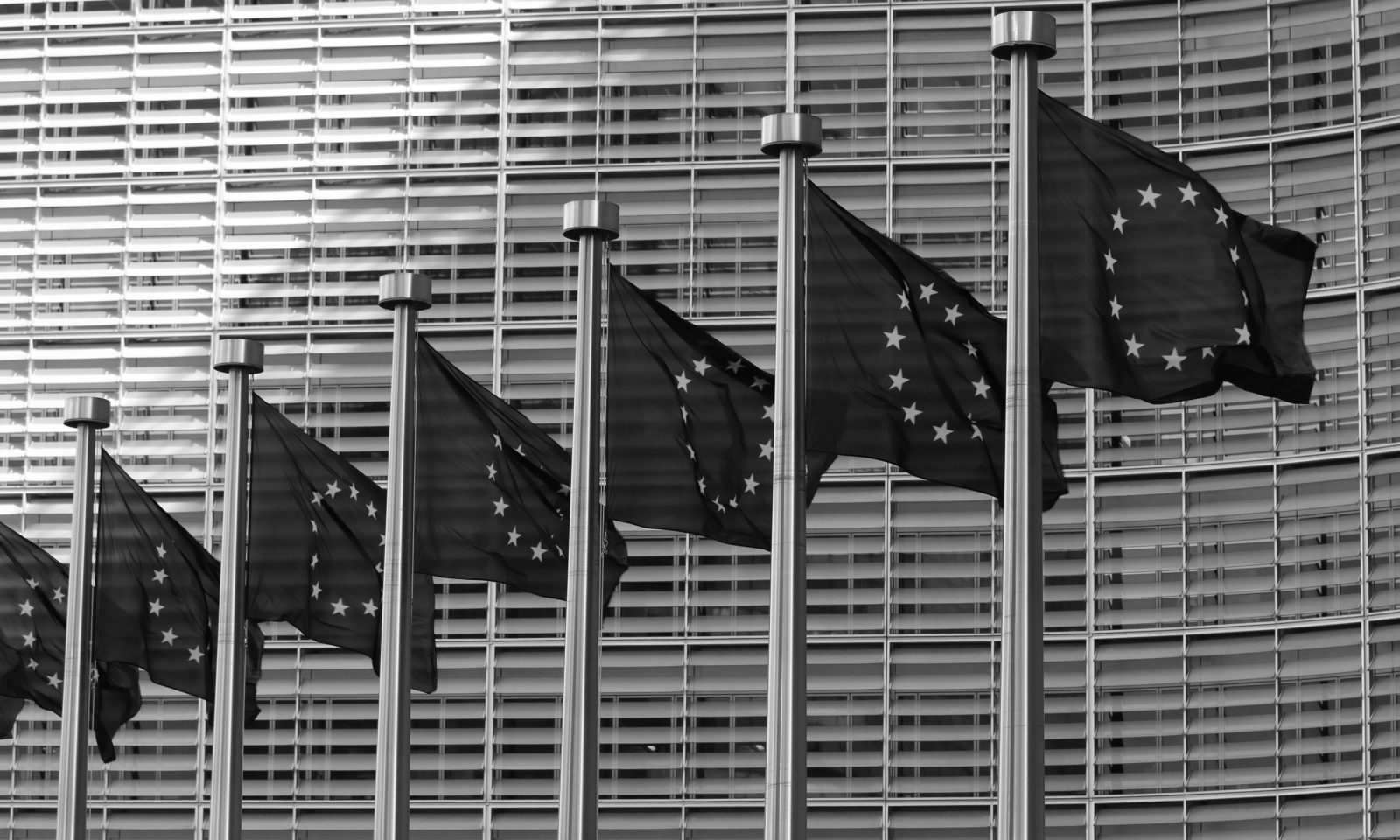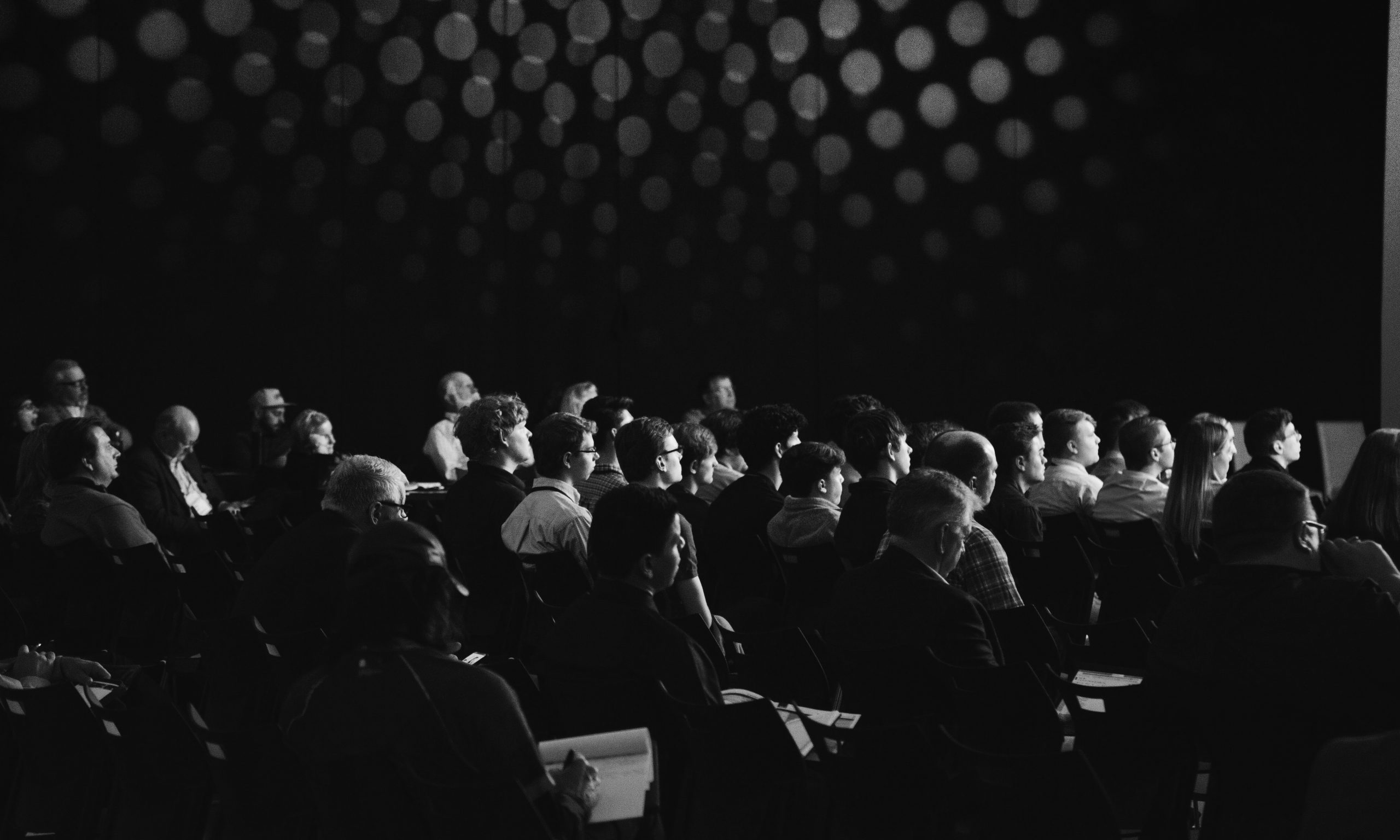Who won Eurovision Best Copyright Reform? How many points did Slovenia get?
In June 2022, Communia launched a competition for the best implementation of the Directive on copyright and related rights in the Digital Single Market (DSM Directive). The “Eurovision DSM contest” aims to track the implementation of the DSM Directive in the 27 EU member states.
Three years have passed since the adoption of the DSM directive. Slovenia is also among the competitors, as at the end of September, with the amendments to the Copyright and Related Rights Act (ZASP-I) and to the Collective Management of Copyright and Related Rights Act (ZKUASP-A), it finally implemented the DSM Directive. With this project, Communia assesses how well countries have implemented the DSM Directive into national legislation and awards points to member states (the maximum possible number of points is 12). Slovenia fared quite poorly and received a total of 6 points. The countries with the most points are Germany and Sweden, which have earned 10 points, on the other hand, 7 countries are still late in implementation.
A lower number of points was awarded to Slovenia due to the problematic process of adopting the legislation, as it went through an urgent legislative procedure. The drafters of the reform justified it as a necessary one due to the sanctions threatened by the EU Commission for the implementation delay, while critics warned that it was a distortion of the democratic process.
It is important to point out the exception for teaching, which was significantly worsened by the implementation of the DSM Directive. Although the DSM Directive gave the legislator the possibility to implement the exception as a free use of the works for this purpose (that is, without compensation), it instead opted for an obligation to pay compensation and the possibility to override the exception in the event that licenses of the publishers are available on the market. According to the exception in the part governing distance education, the use of the work for the purposes of illustration in the lesson is chargeable, but in the event that licenses are available on the market, the exception cannot be used at all.
On the other hand, the bonus point was awarded to Slovenia because of the very good exception for text and data mining, which will empower research and educational institutions, and also because Slovenia finally has a general exception for scientific research, although it could be introduced into the legislation as early as the implementation of the Directive on the harmonization of certain aspects of copyright and related rights in the information society from 2001.
The 4th Open Knowledge Day took place on Tuesday 17 October 2023, with an accompanying workshop on 18 October 2023. This year it was organised by the Open Data and Intellectual Property Institute (ODIPI) and supported by Knowledge Rights 21 (KR21).
We invite you to the fourth Open Knowledge Day and the workshop, which will take place this year within the framework of the programme and with the support of Knowledge Rights 21. The event will bring together experts from different European countries to discuss two topics: the first part will deal with the legal basis for data analytics, which is a key part of machine learning and related artificial intelligence, and the general exception for research. In the second part, open science in theory and practice will be presented both in Slovenia and in some Western Balkan countries. Representatives of research and educational institutions from Slovenia and the Western Balkan countries, as well as interested members of the public, are invited to attend.
Dr. Maja Bogataj Jančič, a renowned expert in copyright law, has joined the Berkman Klein Center for Internet & Society at Harvard University, where she will serve as an affiliate researcher for the next two years.
On Friday, October 6, 2023, the online seminar “Practical Experiences in Resolving Copyrights of Modern Book Works” took place. The seminar addressed relevant questions concerning user access to literary works in digital form.





